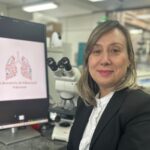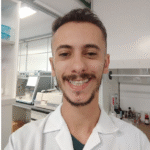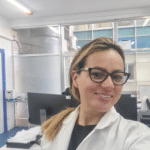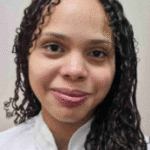Welcome to Ferreira's Lab
Our Research
The Lung Inflammation Laboratory aims to understand how asthma develops and worsens under different conditions, particularly in women undergoing menopause. We study the cellular and molecular processes involved in lung inflammation and also investigate how gut microorganisms (the intestinal microbiota) and the substances they produce can influence lung health. Our work seeks to contribute to the development of new strategies for the prevention and treatment of asthma.
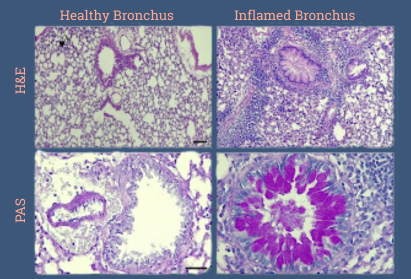
Histological image comparing an inflamed bronchus (right) and a healthy bronchus (left). H&E staining (Hematoxylin and Eosin) shows the general tissue structure, while PAS staining (Periodic Acid–Schiff) highlights the excess mucus in the inflamed bronchus, which is typical of conditions such as asthma. The healthy bronchus appears free of secretions.

Histological image comparing an inflamed bronchus (right) and a healthy bronchus (left). H&E staining (Hematoxylin and Eosin) shows the general tissue structure, while PAS staining (Periodic Acid–Schiff) highlights the excess mucus in the inflamed bronchus, which is typical of conditions such as asthma. The healthy bronchus appears free of secretions.
Meet Caroline M. Ferreira, PhD — a researcher focused on pulmonary inflammation and its underlying mechanisms
Caroline Ferreira is responsible for the Lung Inflammation Laboratory, where she conducts research aimed at understanding the cellular and molecular mechanisms involved in asthma, with a special focus on the influence of menopause and the intestinal microbiota.
Graduted in Physiotherapy from Universidade Católica Dom Bosco, Master’s degree in Physiology from the University of São Paulo (USP), and a PhD in Physiology from the Federal University of Minas Gerais (UFMG), with a doctoral internship at Northwestern University (USA). Completed a postdoctoral fellowship in Immunology at the University of Chicago.
Worked as a Young Investigator at the Department of Pharmacology, Institute of Biomedical Sciences, USP. Currently a faculty member in the Department of Pharmaceutical Sciences at the Federal University of São Paulo (Unifesp).
My scientific work focuses on physiology and immunology, with an emphasis on allergic pulmonary inflammation, gut microbiota, and immunological changes related to menopause. I have received awards such as the Nestlé Innovation Award and the Unifesp Research Excellence Award. My laboratory is supported by funding agencies including FAPESP, CNPq, and CAPES
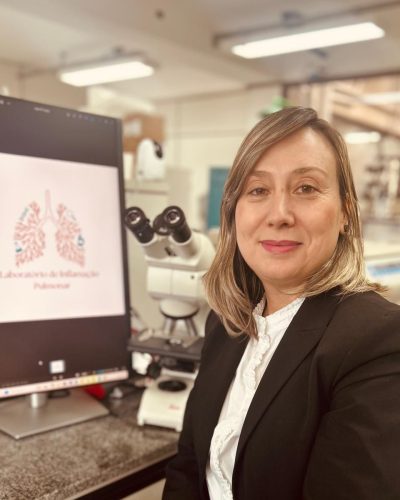
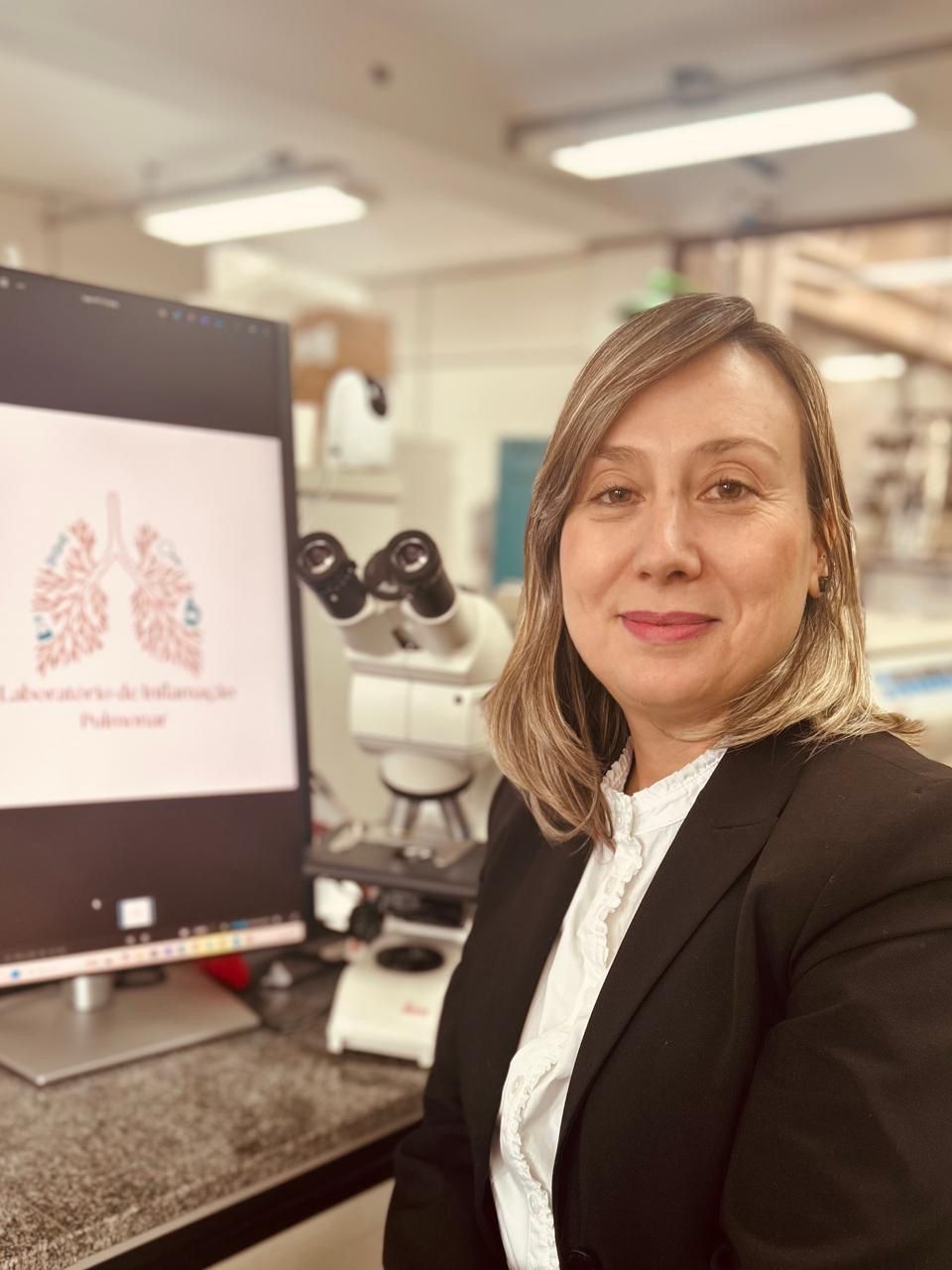
Ferreira's Lab Stories





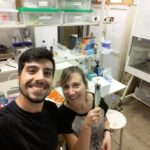



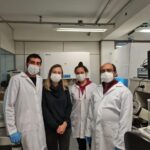




Site funded by
São Paulo Research Foundation - FAPESP

